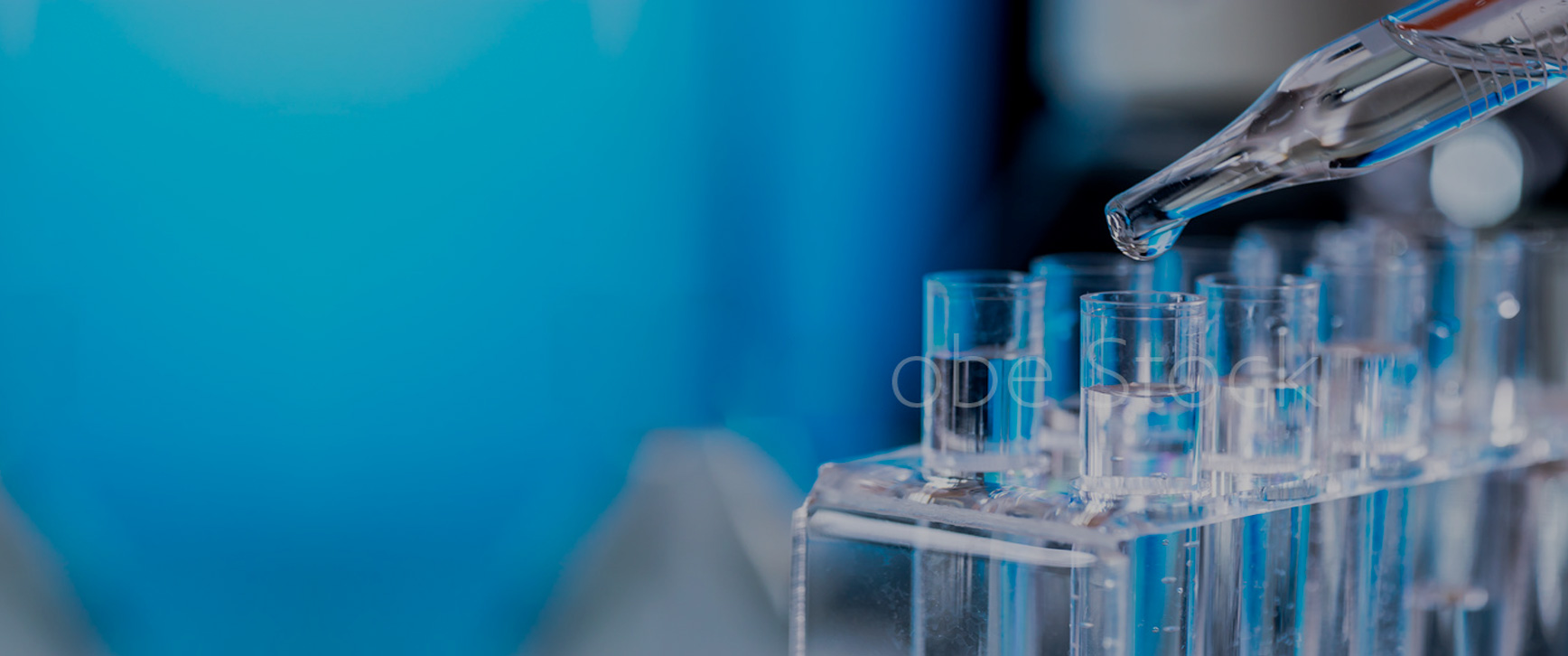19 Mar Healthy gut tips
- Don’t Eat Too Much at a Time:
People who experience bloating often have increased sensitivity to food in the stomach. Therefore, eating smaller meals can be very useful.
- Rule Out Food Allergies and Intolerances to Common Foods
- Lactose: Lactose intolerance is associated with many digestive symptoms, including bloating. Lactose is the main carbohydrate in milk.
- Fructose: Fructose intolerance can lead to bloating.
- Eggs: Gas and bloating are common symptoms of egg allergy.
- Wheat and Gluten: Many people are allergic to wheat, or intolerant to gluten (a protein in wheat, spelt, barley and some other grains). This can lead to various adverse effects on digestion, including bloating.
You can try avoiding some of these to see if it helps. But if you strongly suspect that you have a food allergy or intolerance, see a doctor.
- Don’t Eat Foods That Give You Gas
Some high fiber foods can make people produce large amounts of gas. Major players include legumes like beans and lentils, as well as some whole grains. Fatty foods can also slow down digestion and emptying of the stomach. This can have benefits for satiety (and possibly help with weight loss), but can be a problem for people with a tendency to bloat. Try eating less of beans and fatty foods to see if it helps..
- Try a Low FODMAP Diet
Numerous studies have shown that indigestible carbohydrates called FODMAPS can drastically exacerbate symptoms in IBS patients.FODMAP stands for Fermentable, Oligo, Di-, Mono-saccharides And Polyols. A low-FODMAP diet has been shown to lead to major reductions in symptoms such as bloating, at least in IBS patients If you have problems with bloating, with or without other digestive symptoms, then a low-FODMAP diet may be a good way to fix it.
- Try Digestive Enzyme Supplements
There are certain over-the-counter products that can be useful. This includes supplemental enzymes that can help break down indigestible carbohydrates such as Lactase for people with lactose intolerance and Beano for indigestible carbohydrates.
- Take Probiotics
Gas produced by the bacteria in the intestine is a major contributor to bloating. There are many different types of bacteria that reside there, and they can vary between individuals. Probiotic supplements can help improve the bacterial environment in the gut, which can help reduce symptoms of gas and bloating.
- Peppermint Oil Can Help
Bloating may also be caused by altered function of the muscles in the digestive tract. Drugs called antispasmodics, that can help reduce muscle spasm, have been shown to be of use. Peppermint oil is a natural substances that is believed to function in a similar way.


